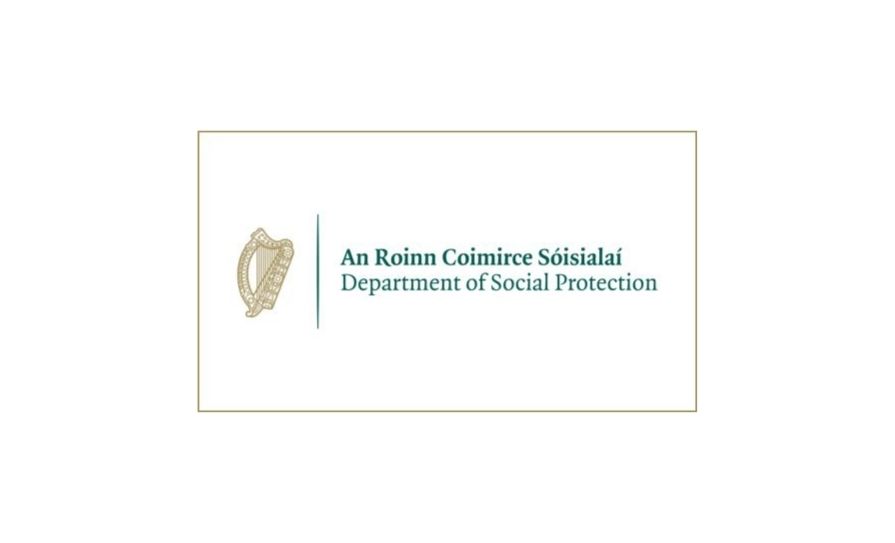HSE CEO Mr Paul Reid told the National Office of Clinical Audit (NOCA) Annual Conference earlier this month that he was “quite shocked” at the performance management systems in place at the Executive when he took up his position last year.
“One of the issues people said to me at the start was, ‘you know, you will need a lot of legislation to strengthen accountability’. No doubt we will need some. But there are other elements of basic management accountability that don’t need legislation,” he told attendees at the NOCA conference.
“One of the issues is that performance management is not strong across the HSE. We have pockets of excellence, of various parts of the delivery system and various parts of the organisation.
“But frankly, I was quite shocked that we don’t have a performance management system in place. I am not throwing that out as criticism of anybody, but I was quite shocked having worked in all kinds of sectors, including public service, that we didn’t have performance management systems in place.
“We do have [them] for the top-graded managers and we are currently in the process of rolling it out all across the organisation right now. But that is about accountability.
“It’s about valuing people who are performing well, celebrating successes and holding people to account who aren’t performing.”
During a questions and answers session at the conference, Mr Reid said that “clinical oversight, clinical audit and clinical governance” is something that the HSE will be focused on in the coming period. Mr Reid was also asked about creating a culture where people in the health service feel empowered to speak out about issues.
“Speaking out — I hope to be a role model for that. As I’m going around the country, people are being very open with me… and I value that. I value people saying, ‘I’m struggling with something’; we have to value that.”
During an earlier panel discussion, Consultant in Rehabilitation Medicine in the National Rehabilitation Hospital Dr Aine Carroll said the approach to change in the Irish healthcare system was “linear, reductionist and positivistic”.
Dr Carroll, who is former National Director of Clinical Strategy and Programmes at the HSE, said: “We need to really look at the Irish healthcare system as either a complex, adaptive, system, or a complex, responsive, system. And I find myself, from a theoretical perspective, swinging between the two. There are certain things we can apply ‘lean thinking’ to, but the vast majority of things we can’t. We have to think differently.”
The Major Trauma Audit National Report 2018 was launched at the conference. The total number of major trauma patients captured in 2018 was 5,429, representing 88 per cent coverage. Falls of less than 2 metres, termed ‘low falls’, continue to be the most frequent cause of injury (58 per cent). Half of all major trauma injuries occurred at home, while 37 per cent of injuries occurred in a public place or road.
The overall percentage of major trauma patients received by a trauma team at the first receiving hospital remains low, at 8 per cent, while only 9 per cent of major trauma patients were documented as having been reviewed by a consultant within 30 minutes of arrival to the emergency department.













Leave a Reply
You must be logged in to post a comment.